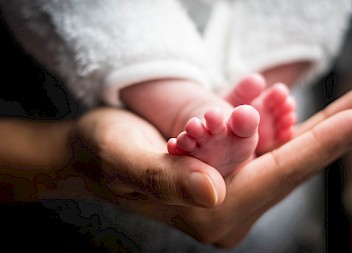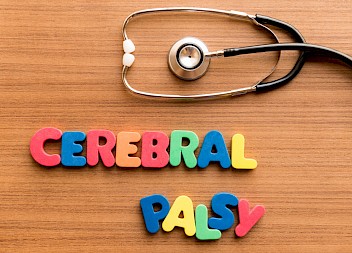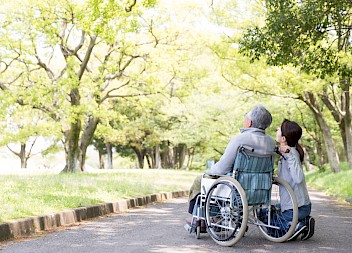Babies can contract Group B Strep during labour if the mother is infected or a carrier of the infection, which can sometimes lead to severe consequences. Unfortunately, not many new parents are aware of this.
If there are delays to treatment and antibiotics are not given as soon as possible to clear the infection, Group B Strep in babies can lead to serious illnesses, including pneumonia, sepsis, and meningitis. This can cause long-term disabilities, including cerebral palsy, brain damage, serious learning disabilities, and hearing or vision loss. In some cases, it can be fatal.
If you believe you have a Group B Strep negligence claim, please don’t hesitate to contact our specialists for a no-obligation discussion.
Lack of Awareness of Group B Strep
In the UK, antenatal care doesn’t consistently inform expectant parents about the signs and risks of Group B Strep. Neither is there a routine test in pregnancy to check whether a woman is a carrier of the infection. Some pregnant women are also not aware there is a private Group B Strep test available, and a high percentage are not even aware of the infection.
These factors add to women not being able to make informed choices about antenatal screening, putting babies at risk of contracting a largely preventable infection; for example, 40 babies die every year due to GBS-related sepsis.
Risks of babies contracting Group B Strep
There is an increased risk of a newborn becoming unwell due to GBS if they were born pre-term (before 37 weeks) or if the mother’s waters break 24 hours or more before the baby is born. Another risk factor is if the mother has a temperature above 38 degrees Celsius during labour.
In all these cases, IV antibiotics should be given to the mother during established labour to minimise the risk of GBS infection in the baby. Women who had GBS in a previous pregnancy should also be offered antibiotics in labour, as should those who experienced a urinary tract infection (UTI) in pregnancy.
In 2017, the Royal College of Gynaecologists published a major update to clinical guidelines for Group B Strep, which includes ensuring all pregnant women are given a leaflet about the risks and symptoms of GBS.
Group B Strep testing trial
Currently, there is no routine test in pregnancy for Group B Strep, and women can only take a private Enriched Culture Medium swab test when they are between 35 and 37 weeks to detect whether they are carrying the bacteria. However, if a mother has had Group B Strep in a previous pregnancy, then testing should be offered in subsequent pregnancies. Failure to do this would be negligent care.
A clinical trial, the GBS3 Trial, is planned to establish whether testing all pregnant women is better than the NHS’ current approach of assessing risk factors to determine whether a woman should be offered intravenous antibiotics during labour. The GBS3 Trial is currently in progress, and so the results will only become available in 2025.
Other high-income developed countries such as the United States, Canada, Germany, France, and Spain already routinely test pregnant women for GBS. A simple test can prevent so much trauma and heartache for families.If your hospital is not taking part, you can write to your MP and ask them to encourage the hospital’s CEO to participate in this hugely important trial.
If you would like further information about Group B Strep, Group B Strep Support is a leading charity where you can find more information and where to order a Strep B test. You can also find links to support services if your family has been affected by Group B Strep.
Hopefully, one day, changes to antenatal care will ensure all pregnant women are routinely told about Group B Strep and its risks. This will help women make informed choices about their care.
Want to talk about a Group B Strep claim?
If you’re considering making a claim for Group B Strep negligence, you may be thinking about how you’ll fund the legal costs. We offer Conditional Fee Agreements (No Win, No Fee), so families have nothing to lose in speaking to us about a claim.
At Medical Solicitors, our niche law firm only handles clinical negligence claims for patients, and we have extensive experience in handling successful birth injury claim cases. Our specialist solicitors are compassionate and knowledgeable. We go to great lengths to fully understand a case and offer no-obligation advice about whether there is a chance of success.









